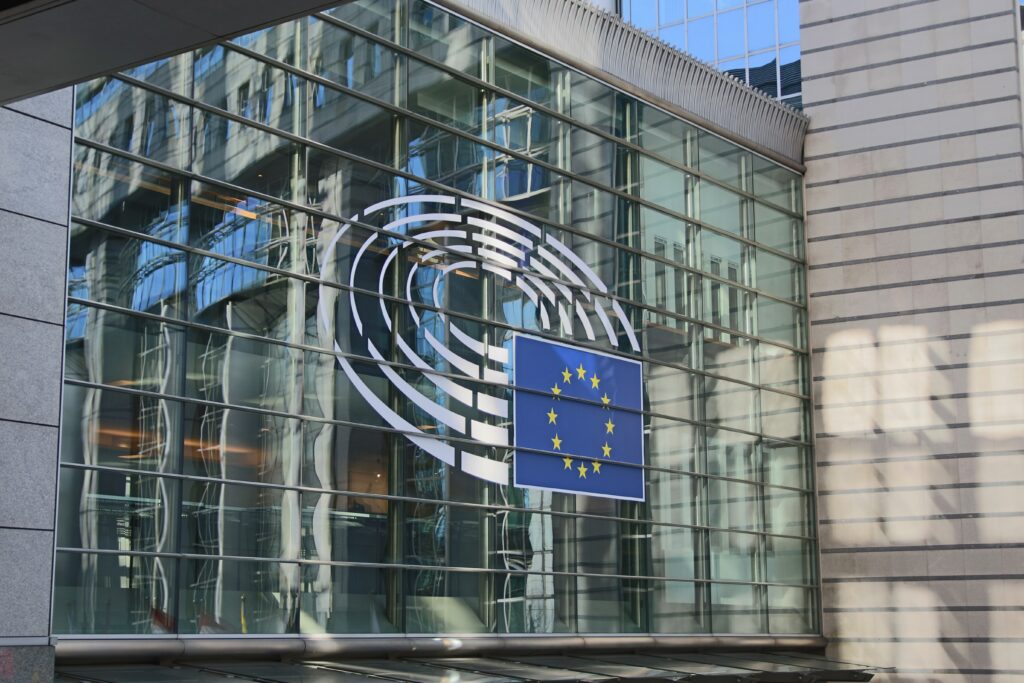The European Commission last week announced that it has postponed the publication of its much awaited Substantiating Green Claims Proposal, a global initiative which aims to provide clarity to brands on communicating green claims and avoiding greenwashing. The Proposal is now expected in Q1 2023.
There is no question that the apparel and footwear sector must drastically reduce its social and environmental impact. However complex this is to achieve, it is imperative that there is a clear, robust, standardized and mandated approach, which is why the Product Environmental Footprint (PEF) is being created. It is vital, and so the current delay to the proposal must not weaken or impede its implementation.
As a unique public / private partnership for the common good, the PEF has been designed to create a common language and method for calculating a product’s environmental footprint, steering organizations to undertake reliable environmental measurements, providing a foundation for trustworthy sustainability claims and combating greenwashing. Achieving this common language requires compulsory and like-for-like measurement. The PEF was never intended to capture elements such as social and labor impacts, commercial interests, production volumes, nor animal welfare. Other legislative proposals in process will look to capture many of these, and may find their way into the PEF at a later stage following the development of internationally-recognized methods.
The PEF Category Rules (PEFCR) for apparel and footwear is still being considered by EU policymakers as an integral part of the policy response to the environmental impact of the apparel industry The European Commission and its partners have invested nine years in the development of the PEF to where it is now – a truly multi-stakeholder and expert engagement process with representation from across the sector. Using LCAs based on globally recognised and widely accepted, credible scientific approaches, the process has involved brands, retailers, manufacturers, industry associations, material associations, academics and civil society, who have pooled their knowledge and expertise to build a science-based methodology that has the potential to dramatically shift and improve the industry.
The PEF being recognized across the single market as the foundation for future proposed legislation such as the Ecodesign for Sustainable Products Regulation and without the possibility for individual member states to refute or challenge it as a mechanism to substantiate green claims is of very significant value. Without a clearly defined framework based on clear scientific foundations, such as the PEF, there would be a fragmentation of regulatory implementation in the single market. The door would be open to a range of alternative methodologies ranging from less stringent requirements, which could make greenwashing easier, prevent comparability of the claims, to more complex requirements, which could be unworkable at best, and would most likely impose significant costs on business, particularly SMEs, thereby placing them at a distinct disadvantage.
As the science evolves, so too must the PEF – constantly evolving, growing and strengthening to achieve its ambition – but waiting for total perfection before moving forward will cause more damage than benefit. To date, PEF still represents the most holistic, scientifically-grounded method for assessing the environmental impact of a product, reducing inconsistencies in how life cycle assessments (LCAs) can be interpreted.
We firmly believe action needs to start today, not further down the line while further revisions are developed, consulted on and piloted. We need clear legislation that removes confusion and supports positive business action.
We call upon the European Commission to be unflinching in its commitment to the PEF in its upcoming legislative proposals and to keep a firm eye on the ultimate goal that everyone must commit to – a sector that operates with less harm whilst empowering consumers to purchase more responsibly.
Note: As an organization that brings together members from around half of the textile and apparel industry, the SAC was invited by the EU Commission to convene the PEF Technical Secretariat with the objective of supporting the collaborative development of the global Product Environmental Footprint Category Rules (PEFCR) for apparel and footwear. The SAC therefore acts as the facilitator of the collaborative, multi-stakeholder process, created to develop a methodology independent of any one organization or company or interest group.







